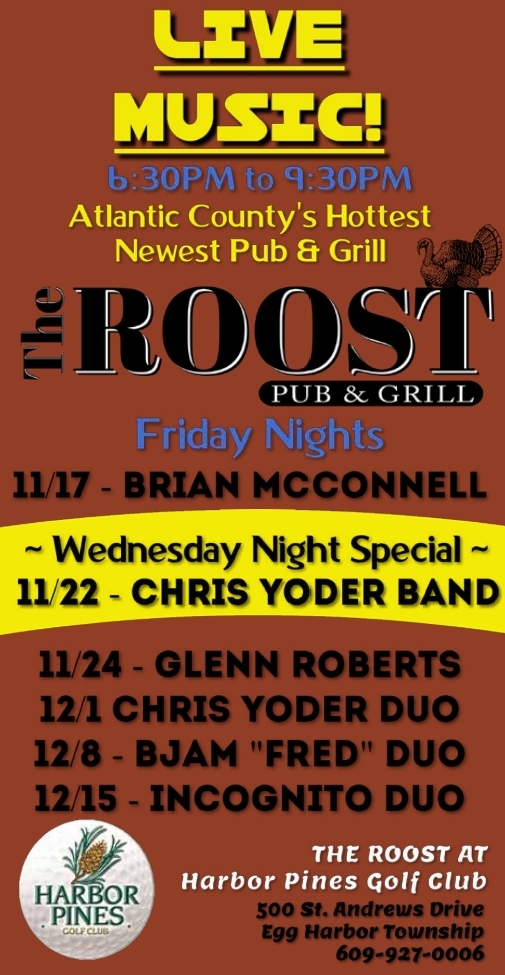By Andrew Hoffman
In my last article, I wrote about the second of three points of view that come into play with funerals. We first looked at the mourner’s perspective, then from the perspective of the immediate family.
My final perspective on the value of a funeral comes from mine as a funeral director. Someone once said, “you can tell a lot about a society by how it treats its dead”. There is so much truth to that statement. Every culture on the planet since the dawn of human society has had a form of funeral rite. Archeologist have found tools buried with ancient corpses. The pyramids are the world biggest funeral monuments, and the American Indians would build tall structures to get the deceased closer to the sky. Every culture still has some form of burial or ceremony to honor the dead.
I don’t think that is just by happy accident. Up until recently with Generation Y, Gen Next and iGen, most people felt that it was important to hold some sort of service to honor the memory of the deceased. As a funeral director working for the past 26 years, I have noticed a decline in evening viewings and a definite desire to “hold everything in one day”. There is also a growing attitude to just “get it over with” and try to rush things. I find this mindset getting worse as the younger generations get older and become decision-makers. Our society has become a fast-paced sprint in every aspect of our life. We want to get things faster and more efficiently. Instead of going to the movie theater, we stream it. Instead of cooking or dining out, we pay someone to bring it to us. Instead of going to the grocery store lets have it delivered to us or even have someone shop for us. So, going to a funeral is such a pain!
I also believe that the younger generation does not see the value in funeral service because they do not connect with the past generation’s version of what a funeral/memorial service really is. In my opinion, a growing segment of the younger generations don’t see the value because they can’t relate to having hymns sung or a minister speak due to a lack of conventional religious services. It would be hard to find value or comfort if you don’t believe. Also, younger generations want to personalize the service as opposed to the cookie-cutter services of the 1940s, 1950s and 1960s.
What do you mean I can’t play a heavy metal rock song at my father’s service? What do you mean I can’t have the memorial service at my mother’s home in her garden? What do you mean I have to have a minister? More of the young generations want to craft services and tributes that are meaningful to them, but it may ignore the traditions by the older generations. This is something as a funeral professional I know that I strive to provide for our clientele. Many in my profession are very stuck in the mentality of “that is the way we have always done it” or “if it’s not broken, don’t fix it”. This is a very dangerous mindset because that does not allow for change or growth.
It is through the willingness to change what a funeral service means or how it is conducted that funeral professionals will better serve their families and their community as a whole. Funeral directors should be accepting the challenge of personalizing the funeral service of their families and not say “we don’t do that or can’t do that”. So long as it is not illegal or immoral the answer should be “let’s see how we can make that happen”.
So, that is my perspective on the value of the funeral, for the mourner, the family and the funeral director. I hope you found this article informative and thought-provoking. If you have any subjects or topics that you would like me to write about, please just reach out at Jeffries and Keates Funeral Home at 609-646-3400. I hope all of you that are reading this are well and I will see you in the next article.
Andrew B. Hoffman is a funeral director at Jeffries and Keates and Keates-Plum Funeral Homes. He is a twenty-two year veteran of the funeral industry.










